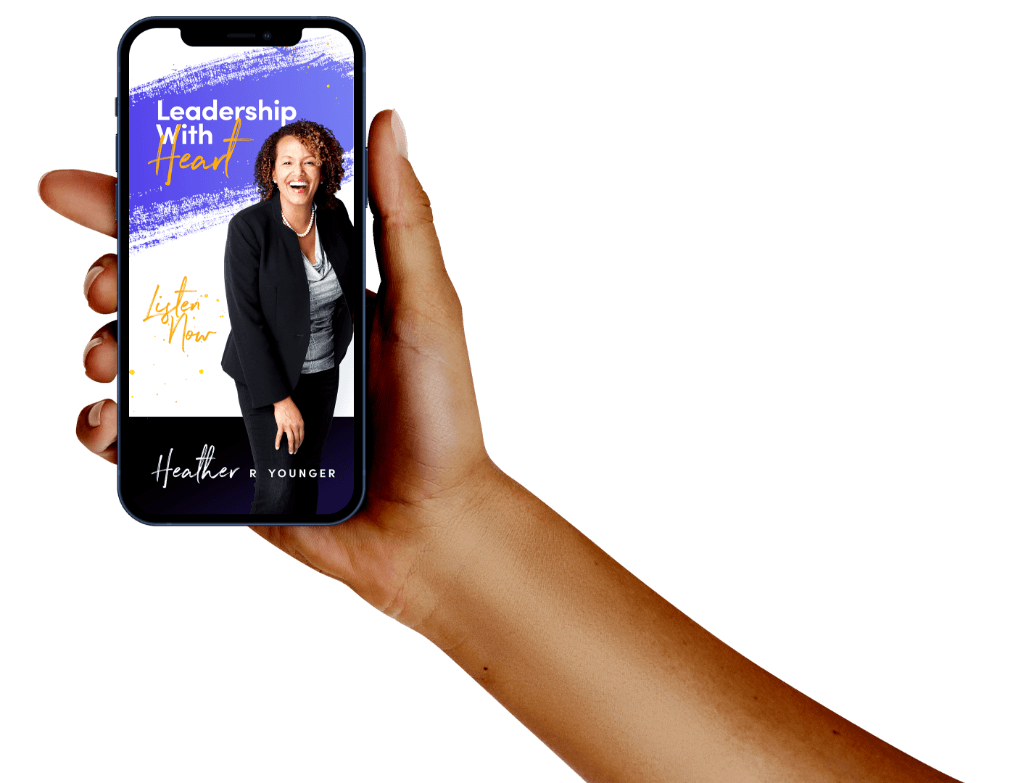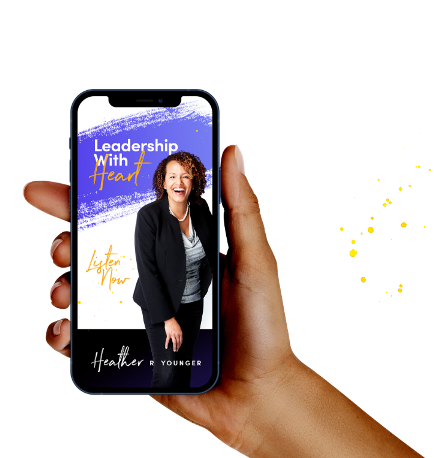Self Awareness and Bias
It’s in our nature as humans to build friendships with those we come in close contact with regularly. This is what we call affinity bias. For most of us, many of those friendships form with people we work with. However, whether it be a fellow employee, a subordinate, or someone who holds a title, recognizing these relationships and the negative effects within the workplace could become challenging to navigate.
Playing favorites within a leadership role is easily overlooked as these friendships begin to blossom. Yet, allowing yourself to become self-aware of how you treat your employees as a whole is the first step to fixing, or hopefully avoiding, workplace conflict involving favoritism.
What is being self-aware? Being self-aware means “having conscious knowledge of one’s own character and feelings.” Being self-aware can be challenging when personal relationships are involved. These relationships will always occur because we spend so much time with the people we work with.
A Common Example
Say there’s a project that has come up, and you need help completing it by week’s end. You reach out to one of the team members who you’d say you’re closest with because you know they perform well and trust their capability to get it to you by your deadline. You ask them for assistance, and over the course of collaborating, you two have a few meetings to go over tasks, walk to each other’s desks to check in, which results in various chit chats, etc. Finally, the project is complete, and everything goes swimmingly.
Then a couple of days later, you ask for their help again. And again the following week. Then a few days after that. See a pattern here? Eventually, you’re going to build that trust and begin relying solely on that person to deliver you results. Then the rest of the team is going to recognize that you’re specifically choosing that person because you’ve built a friendship, therefore labeling them as your “favorite.” As a result, each of them questions what they’ve done wrong. This is affinity bias in action.
This is a scenario that commonly happens without perception. Allowing this behavior will create jealousy, anger, and even envy amongst the team, which could easily result in conflict. Additionally, it’s highly likely that another team member has a similar skillset and would have been equally capable of assisting you.
This “playing favorites” is also compounded when we consider the impact of such treatment on those in marginalized groups. Team members in those groups often report feeling like an outsider. They tend to feel lesser than, and regularly report receiving fewer opportunities than their white coworkers. A leader who is not self-aware will amplify these feelings in their more diverse team members.
The Importance of Validation
Understanding the power you hold in an authoritative role will allow you to provide validation to employees. Having regular one-on-one meetings to ask them how they feel they are performing will be a key factor in determining what barriers they may be facing.
Those barriers or other blind spots that may be crossing their path will have easier resolutions with your help. Creating these weekly or bi-weekly cadences will allow you to get a better understanding of how your team members are doing individually. Plus, it will give you a better idea of how to address the team overall. Without that open equity, there will be no hope for direction and no positive path forward. The biggest thing you can focus on to minimize this favoritism is self-awareness. Lastly, being aware of your actions, biases, and strengths is the best defense against playing favorites at work.






